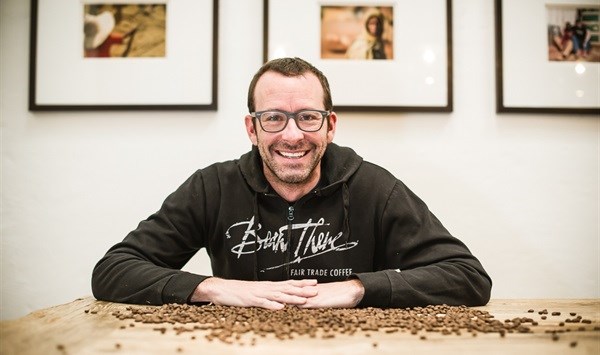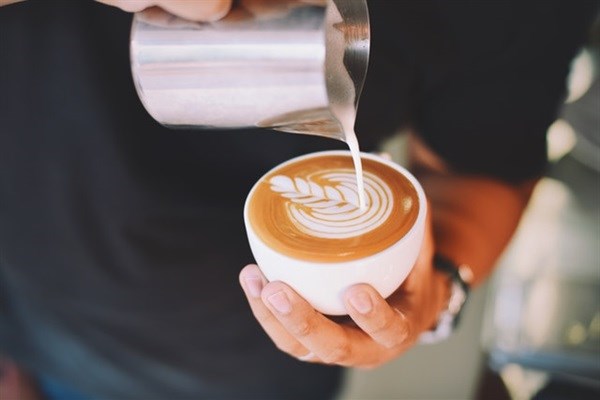Marketing & Media trends
Industry trends
BizTrends Sponsors
Trending
#BizTrends2018: Coffee will continue to influence the world

Much of the history of coffee is difficult to swallow, but the reaction to that – the growing adoption of fair trade practices in coffee production, purchasing and consumption – is heartening, and an incredibly exciting space to work in.
When it comes to a commodity that is everyday enough to reflect social shifts, luxury enough to have its own fads and altogether very sensitive to environmental conditions – predicting trends results is a very mixed bag. Here’s what I see as major influencers in the coffee scene in 2018.
Traceability matters
No longer satisfied by a well-prepared cup of coffee in a comfy coffee house, people around the world are increasingly concerned about where their caffeine comes from. Customers want to know that producers are treated fairly and that coffee production is not harmful to the planet. The gap between the producers and consumers of coffee is narrowing. Authentic relationships felt by those at both the beginning and end of the coffee journey will be the winning combination in the future.
Water scarcity
Water quality is a major influencer on coffee taste and aroma and the resource’s scarcity in Africa means that producers will have to adapt and think wisely about its preservation and quality. The industry as a whole is in the early stages of understanding the full effects that climate change and population growth will have on our water supply, and in 2018 we will see far more focus placed on this. We will see wider adoption of green treatment and water recycling systems, possibly even changes in how the mineral balance in coffee is managed.
Convenience to be key
Spurred by the likes of Nespresso and their convenient capsules, coffee that is quick to make will continue to dominate the market. With a large selection of bean-to-cup machines available, efficiency is possible without the compromises of capsules. Of course, the counter-trend of craft and artisanal brewing will remain and grow – but time is precious, and we need to find ways to give consumers coffee they can prepare quickly and easily, without compromising on flavour or environmental consciousness.

Grand design
Coffee shops and roasteries are becoming much more than just a place to buy a bag of coffee or to sit down for a piece of cake and a cappuccino with a friend. They are growing into establishments that merge coffee craftmanship with industrial and interior design. People not only want a perfectly presented flat white or a slow-brewed Chemex but want to enjoy it in a beautifully curated space too.
Cold brew to take off
Cold brew is not what happens when you leave coffee on your desk for too long, but rather deliberately produced with cold water, extracted over a period of at least 8-12 hours. The process allows the delicate aromas and subtle flavours of the coffee to be highlighted (assuming of course you have decent coffee, not over-roasted). I believe cold brew will continue to gain traction both domestically and abroad, with a multitude of different recipes and combinations to explore. If you’re still sceptical, try combining a delicate, cold brewed African coffee with some craft tonic and ice.











